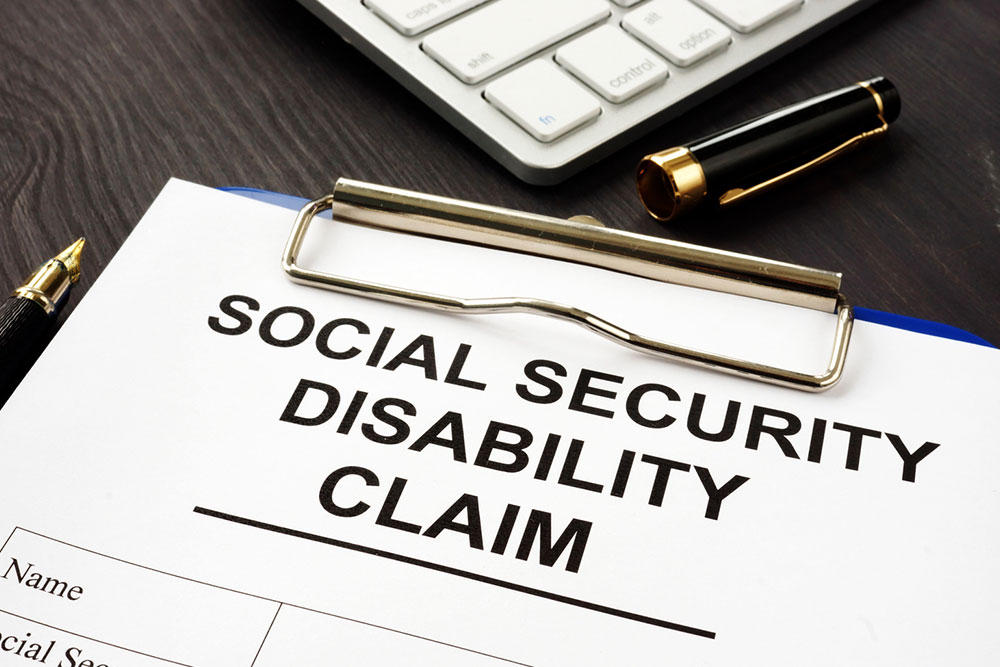7 disadvantages of applying for disability benefits
Disability benefits provided under Social Security Disability Insurance (SSDI) or Supplemental Security Income (SSI) can serve as a lifeline for people with physical or cognitive impairment. Such benefit systems basically dispense monthly income to people with disabilities and those who contribute the same through taxes. Moreover, they may also receive Medicare benefits. However, such programs come with certain limitations, which may or may not address all the diverse needs and challenges of people with disabilities. Strict definition of disability Social Security only benefits people with a severe impairment that renders them unable to work and support themselves or their families. Disability benefits are only for those who can’t do any substantial, profitable work. Such strict definitions may often ignore other aspects of disability, like partial or short-term disability. There are two main criteria for qualifying for SSDI. First, one should have worked long enough and paid significant Social Security taxes to qualify for SSDI benefits. Second, one should prove an inability to work at a gainful employment for at least 12 months due to any physical or mental disability. So, one can only get the benefits if one can’t do the current job at all. Apart from this, there are also other non-medical requirements.
Read More 









